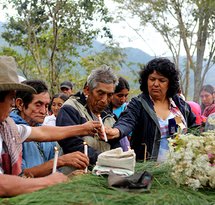
On Tuesday 28 June, the Honduran organisation COPINH and the Global Justice Association filed a complaint with the public prosecutor in the Netherlands against Dutch development bank FMO. For COPINH, this is part of their continued efforts to bring to justice those involved in the murder of their leader Berta Cáceres. FMO financed the Agua Zarca project in Honduras in 2014. The new complaint is based on documents indicating that FMO's money has been used improperly.
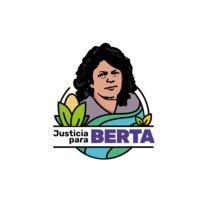
Today it is 5 years ago that Berta Cáceres was shot in haar home in La Esperanza, Honduras, for defending the rights of indigenous people. The leader of indigenous organisation COPINH resisted the Agua-Zarca hydropower dam that was planned to be build in indigenous territory. The actual murderers have been convicted, but not so the intellectual authors of the murders.
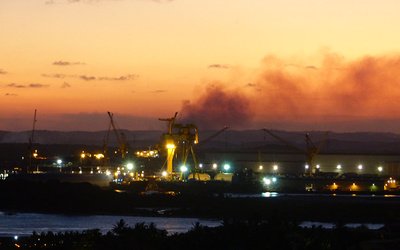
The Netherlands is a major business partner to Brazil and has not been deterred by the record of human rights' abuses by Bolsonaro's government, nor by the coup d'Etat against the president Dilma Rousseff in 2016. How do the Dutch economic ties with the Brazilian political and corporate elites affect the Brazilian population, in particular indigenous peoples, nature and the global climate?
This joint position launched by 175 civil society organisations from 45 countries calls on world leaders to end OECD export finance for oil and gas, and explains how it can be done.
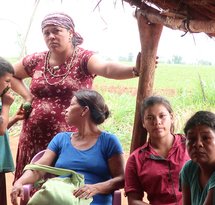
Together with five women from the Platform Suace Pyvyvõhára, I travel to Mingã Pora in the east of Paraguay. Around 45 families from the indigenous Tekohá Suace community settled here in 2016. In Guaraní, Tekohá means 'the place where we are what we are'. They reside in tents - self-made out of waste materials - on a small strip of land with a soy field on one side and a nature reserve owned by the Itaipu company on the other.
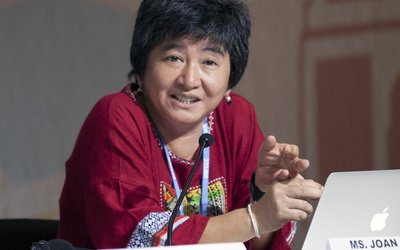
We congratulate Joan Carling, member of the permanent commission on indigenous peoples of the UN, for having received the Lifetime Achievement Award as 'Champion of the Earth' by the UN Environment! This is the UN's highest environmental honor, given to six of the world's most outstanding environmental change makers once a year.
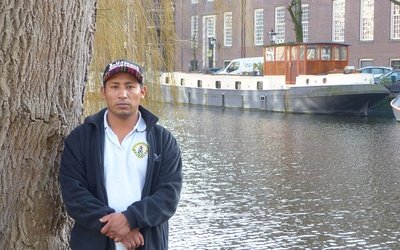
Last week, Global Witness published 'Honduras: the deadliest place to defend the planet'. This shocking report clearly shows the worrying situation of human rights in Honduras and backs the demand of Both ENDS and partner COPINH: FMO must divest from the Agua Zarca dam.
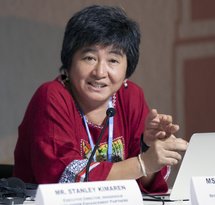
The International Institute of Social Studies, Both ENDS, IUCN National Committee of the Netherlands and Mama Cash invite you for presentations by Joan Carling, indigenous leader and women's rights activist from the Philippines and member of the permanent commission on indigenous peoples of the UN, and Jan van de Venis, Human Rights Lawyer at JustLaw, about the experiences of indigenous leaders in the Philippines, in a world of increasing oppression and human right violations against environmental activists.
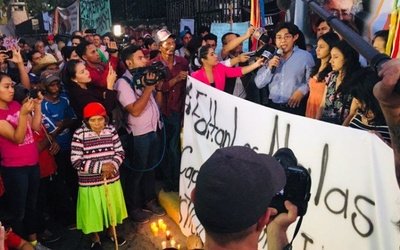
On Thursday, November 29, seven suspects of the murder of Berta Cáceres (in March 2016) were found guilty. Members of the indigenous human rights organisation COPINH, of which Cáceres was the leader, and close relatives of Cáceres herself see the ruling as the first step towards justice for her murder and the recognition that the company DESA is co-responsible for this. They also point out, however, that the process was permeated with corruption, intimidation and other abuses from the very beginning, and that the masterminds behind the murder are still walking around freely.